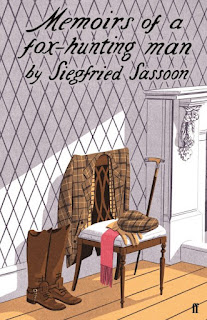Eupen: Belgium’s Micro-level Democracy
In eastern Belgium, a Citizens’ Council wields the
power to propose legislative changes to wider government. It comprises of
twenty-four randomly chosen individuals who debate, agree and disagree on
issues they feel are publicly important. Elected officials in top government
must consider every proposal that wins an eighty-percent majority of the
council. Thus, this micro-level democratic experiment involves rank-and-file
citizens in nation-wide decision making.
Oddly enough, a lottery draw selects
the Council’s decision-makers. But this situation, one author argues, is
positive. For example, Aristotelean politics favoured selection by lottery.
This, according to Aristotle, is real democracy as opposed to election which he
described was oligarchical [1]. Lottery eliminates the chance of a small
self-centered group ruling the country. Just so, this system of random
people from a wide spectrum of lifestyles, professions and backgrounds is very democratic.
An assortment of people, rather than a privileged few, contribute to the
overall state of the nation.
In theory, this idea is beautiful. It
oozes a sense of virtue and teems with a warm-hearted idealism. Yet, in
practice, the idea may fail to meet expectations. For instance, the lottery
process favours engaged citizens, that is, people with an active interest in
national politics. So what about the politically impartial? Again, what about
the citizens who feel no political responsibility at all, those who feel
misrepresented by their state? If the lottery draw selects these sorts of
people from the community, then, the whole process could lead to stagnation, or
even political shutdown.
Granted; these are possibilities that
such a system must come to terms with. There will be obvious safeguards in
place to prevent such possibilities.
Truly, a lottery is non-discriminatory –
it can never administer preferential treatment to potential candidates, nor
will it flatter the politically high-minded. Perhaps this is a necessary step towards
a democratic system which involves ordinary people in macro-level decisions. If Belgium is lucky, these lottery draws could produce some
excellent politically driven men and women.
Note:
[1] The Economist, 433/9163 (2019), p. 40.



Comments
Post a Comment